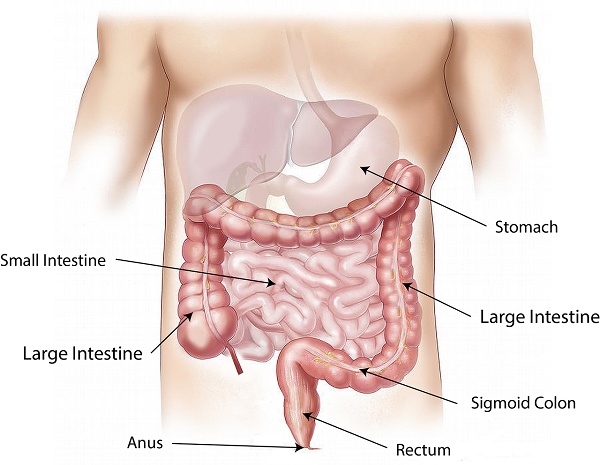
Digestion and metabolism are terms sometimes used interchangeably, but they are in fact two different processes. That said, these processes do cross paths in a number of ways, impacting everything from your energy levels to your weight loss. Therefore, it’s helpful – and interesting – to know how they are linked.
What Are Digestion and Metabolism?
Digestion and metabolism both have to do with making sure that the body gets the energy it needs from the food and drinks you consume. However, these processes are quite different from each other, and it’s easy to tell the difference between them once you know those differences.
Digestion is the method the body uses for processing your food and drinks in the gastrointestinal (GI) tract, and then the elimination of the food waste through the intestines. Metabolism is the process the body uses at a cellular level. It’s how the cells throughout your body use the energy (called ATP) gained through the digested food.
Since They are Separate, How Are They Linked?
When food is digested, the mitochondria of the body’s cells – the cell powerhouses – turn proteins, fats and carbohydrates into usable energy, the ATP. That ATP is used for fueling every process conducted by every cell in the body. Every cell needs energy to do its job. Therefore, a strong metabolism means that the usable energy is efficiently produced to keep up with the demands from those cells.
If you are eating nutritious foods and your digestive system is running efficiently, this means that the fats, proteins, and carbohydrates needed for producing energy are readily available. When the metabolism is running efficiently, it can produce that energy quickly, so the cells of the body can use it to complete their functions.
As you can see, these systems are heavily linked and dependent on each other. After all, without food digestion, the metabolism couldn’t use energy to power the body’s cells. Without that cellular energy to use, the cells throughout the digestive system wouldn’t be able to work at their best.
Similar Factors Can Affect Digestion and Metabolism
Interestingly, the factors that can impact digestion can also have an impact on metabolism. Among those factors can include:
- Regular exercise and physical activity
- Hydration
- A nutrient-dense diet
- Adequate fiber intake
- Illness
- Age
- Hormonal factors
- Body size
- Presence of drugs (even common ones like caffeine or nicotine)
- Genetics
These and other factors can boost or reduce the efficiency of your digestion and/or metabolism. The way in which most people will first detect changes in these processes is in their overall energy levels and in their weight management patterns.
Can Your Food Choices Boost Your Metabolic Rate?
Your food choices can play a role in how your digestion and metabolism work together. Some foods can help to speed up your metabolic rate. If you’re looking to what you eat to try to give yourself a boost in this way, then it’s also important for you to remember that there are foods that will slow things down.
It’s just as important to avoid the foods that slow down your metabolic rate as it is to try to add the ones that help to speed things up. Otherwise, you might find that you’re just cancelling out your own careful efforts.
Beyond what you eat, other food choices that might be able to help you to keep that energy burning rate high is to think about when you’re eating. If you’re prone to blood sugar crashes that leave you feeling tired, grumpy, or unmotivated at various points of the day, it might be even more important for you to pay attention to this strategy. It involves eating more small meals during the day instead of fewer larger meals. This way, you’ll be able to avoid that blood sugar drop that is not only unpleasant, but also slows down the way your body burns energy. In fact, it also helps to avoid the release of a hormone that would cause your body to burn through muscle tissue instead of stored fat.
[…] truly need to lose weight and, if so, how much. You’ll be able to discuss nutrition and how to safely exercise for your goals. You’ll also be able to go over any medical issues and the medications you take […]